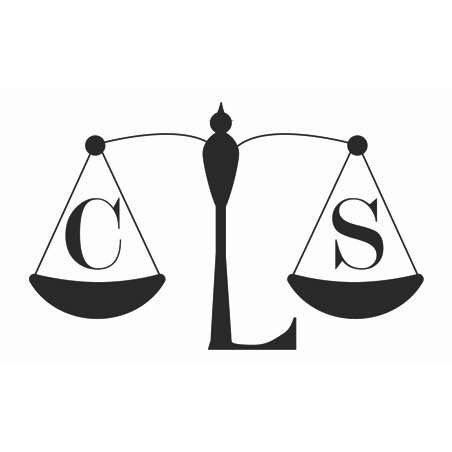Best Business Lawyers in Sanaa
Share your needs with us, get contacted by law firms.
Free. Takes 2 min.
List of the best lawyers in Sanaa, Yemen
About Business Law in Sanaa, Yemen
Business law in Sanaa, Yemen, is a wide field involving multiple rules, regulations, and legislative bodies that govern business activities. These laws encompass fields such as commerce, trade, franchising, banking, securities, antitrust, etc. As an emerging economy in the Middle East, Yemen has a growing interest in creating a friendly environment for international business and trying to solve any legal issues related to this sector.
Why You May Need a Lawyer
Understanding business law in any foreign country can be challenging due to the distinct regulations, culture, and governance structures. This is true for Yemen as well. You may need a lawyer for legal representation, contract and agreement drafting, resolving business disputes, navigating local laws, and ensuring your business operations comply with Yemen law. Moreover, if you are planning on launching or expanding a business in Sanaa, a lawyer can provide the necessary legal guidance and assistance.
Local Laws Overview
Local business laws in Sanaa are dictated by national Yemeni law. The two vital areas of law applicable to businesses are the Companies Law No. 22 of 1997 and Commercial Law No 37 of 1991. These laws outline the formation, governance structures, and operations of different types of companies. They also clarify the rights and obligations of business owners, shareholders, and directors. Moreover, Yemen has specific legal requirements for foreign companies wishing to operate in the country. It's essential to note that Yemen follows the Islamic Shari’a law principle in legislation; consequently, certain restrictions may apply, particularly in sectors like finance and banking.
Frequently Asked Questions
What type of business entity can I form in Yemen?
Business entities in Yemen can be structured as Limited Liability Companies, Joint Stock Companies, Branches of foreign companies, and Partnerships.
What are the taxation rules for businesses in Yemen?
Companies are taxed on their income in Yemen, irrespective of whether they are foreign or domestic. The standard corporate tax rate is 20%.
Can foreign businesses operate freely in Yemen?
Foreign entities can operate in Yemen but must procure required permissions and registrations. The Investment Law No 15 of 2010 offers several incentives to foreign investors.
What dispute resolution mechanisms exist in Yemen?
Business disputes can be settled through local courts, but increasingly, businesses are resorting to arbitration as outlined in the Arbitration Law No 22 of 1992.
Are there any restrictions on businesses under Islamic Shari’a Law?
The Shari’a Law influences Yemeni law. Most notably, it prohibits charging interest under 'Riba' and certain forms of speculative transactions 'Gharar'.
Additional Resources
The Ministry of Industry and Trade, Yemen General Investment Authority, and the Yemen Commercial Arbitration Centre are important resources. Also, consultancies like the Yemeni Legal Group offer valuable insights into business law.
Next Steps
If you need legal assistance in Business in Sanaa, Yemen, it is advisable first to identify your specific needs and then reach out to a lawyer or legal consultant specializing in Yemeni business law. This could be audits, contract drafting, dispute resolution, or simply understanding the Yemeni business environment.
Lawzana helps you find the best lawyers and law firms in Sanaa through a curated and pre-screened list of qualified legal professionals. Our platform offers rankings and detailed profiles of attorneys and law firms, allowing you to compare based on practice areas, including Business, experience, and client feedback.
Each profile includes a description of the firm's areas of practice, client reviews, team members and partners, year of establishment, spoken languages, office locations, contact information, social media presence, and any published articles or resources. Most firms on our platform speak English and are experienced in both local and international legal matters.
Get a quote from top-rated law firms in Sanaa, Yemen — quickly, securely, and without unnecessary hassle.
Disclaimer:
The information provided on this page is for general informational purposes only and does not constitute legal advice. While we strive to ensure the accuracy and relevance of the content, legal information may change over time, and interpretations of the law can vary. You should always consult with a qualified legal professional for advice specific to your situation.
We disclaim all liability for actions taken or not taken based on the content of this page. If you believe any information is incorrect or outdated, please contact us, and we will review and update it where appropriate.
Browse business law firms by service in Sanaa, Yemen
Sanaa, Yemen Attorneys in related practice areas.









